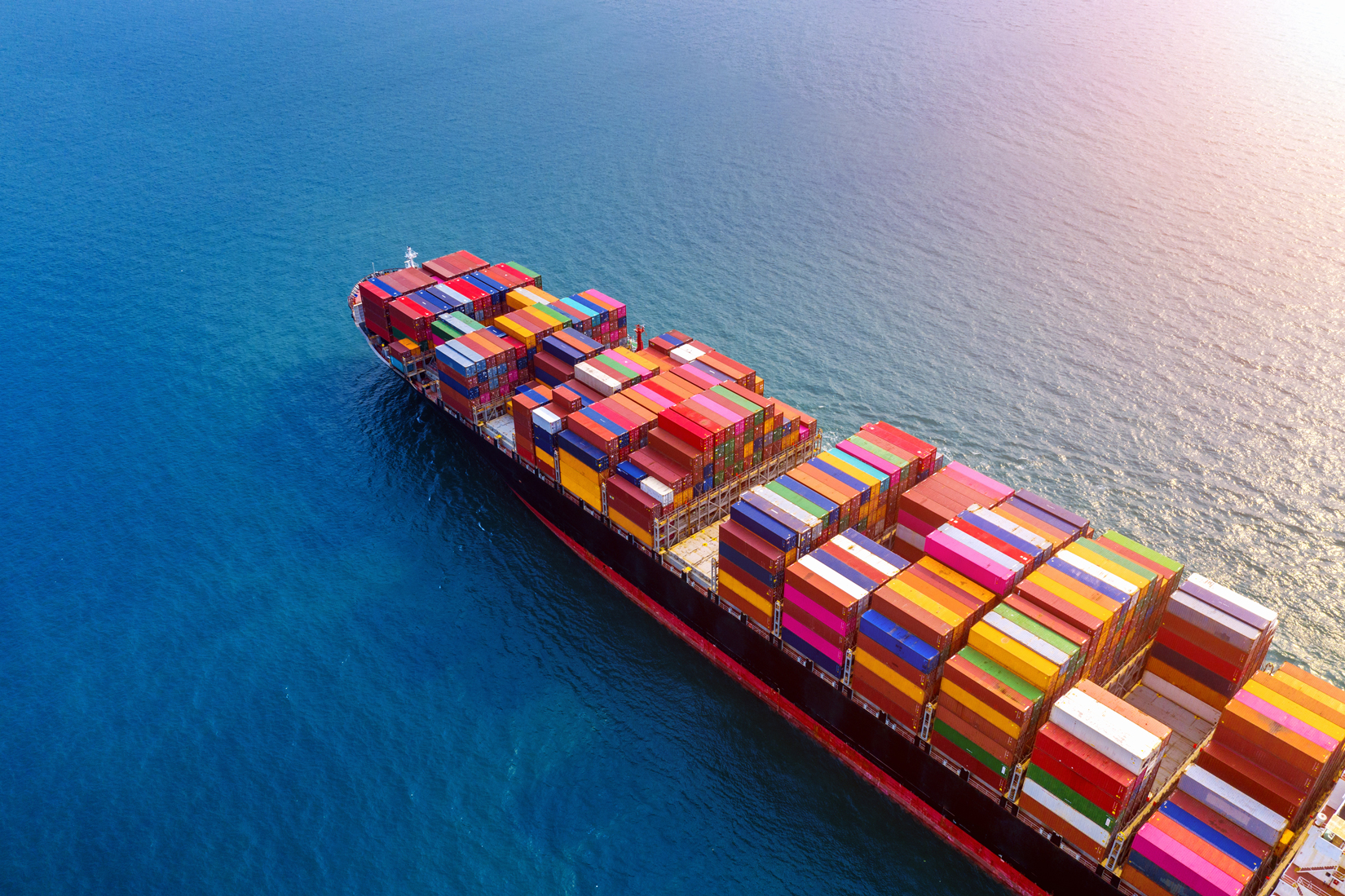In an increasingly interconnected world, understanding the rules of international trade is essential for any company looking to expand into new markets. Incoterms 2020, published by the International Chamber of Commerce (ICC), establishes a clear framework for defining the responsibilities of sellers and buyers at each stage of a trade transaction.
From transportation management to risk mitigation and cost optimization, these trade terms play a key role in the efficiency and security of international operations. In this blog, we will explore how Incoterms 2020 can help you improve logistics, reduce uncertainties and strengthen your global trade strategy.
Transportation responsibilities
Incoterms 2020 are divided into two broad categories:
- Rules for any mode of transport: Applicable to transactions that may involve one or more types of transport (air, sea or land). They include: EXW, FCA, CPT, CIP, DAP, DPU and DDP.
- Specific rules for sea or inland waterway transport: Applicable when the main transport is by sea or river, with a port as delivery point. They include: FAS, FOB, CFR and CIF.
Each Incoterm precisely defines the responsibilities of the buyer and seller in key aspects such as:
- Transportation: Who contracts and pays for the transportation of the goods to their final destination.
- Insurance: Some terms, such as CIF and CIP, oblige the seller to take out insurance for the goods during transport.
- Customs: Determines who is responsible for documentation and payment of export and import duties.
- Associated costs: Specifies which part covers loading, unloading and storage costs, if necessary.
Choosing the right Incoterm is essential to avoid unexpected costs and to ensure that the responsibilities of both parties are clear from the beginning of the transaction. Therefore, it is recommended that buyers and sellers understand the implications of each term and use them correctly in their commercial contracts.
Risk management in international trade
Risk identification
One of the main benefits of Incoterms is that they establish when and under what conditions the risk of loss or damage to the goods is transferred from the seller to the buyer. This is crucial to avoid misunderstandings and legal disputes. Having a clear allocation of responsibilities allows companies to make informed decisions about transportation, storage and handling of goods.
Insurance and financial protection
Insurance is another key aspect of risk management. Some Incoterms specify minimum coverage requirements to protect the parties involved. Considering this aspect allows companies to mitigate financial risks associated with damage or loss in the supply chain, ensuring that both buyers and sellers have adequate protection.
Best practices to optimize business operations
Clarity and precision in transaction management are essential to avoid unnecessary costs and contractual conflicts. Applying Incoterms correctly and structuring contracts well helps improve commercial efficiency. Here are some key strategies:
Clarity in contracts
One of the most common mistakes in commercial agreements is the lack of specificity about the version of Incoterms used. Since these terms are updated periodically, it is crucial to include the year of the applicable version in each contract. This avoids misunderstandings and ensures that all parties operate under the same terms.
2. Effective communication between the parties
Implementing Incoterms involves not only selecting a trade term, but also communicating its implications clearly. It is critical to ensure that suppliers, customers, freight forwarders and insurers understand their responsibilities, costs and risks.
To achieve this, it is recommended:
- Conduct periodic training on the use of Incoterms.
- Clearly document the obligations of each party in the contracts.
- Maintain open and effective communication during all stages of the business operation.
Optimizing business operations requires a meticulous approach to contract structuring and clear communication between all parties involved. By applying these practices, companies can reduce risks, improve the efficiency of their transactions and strengthen their business relationships globally.
Choose the right transportation provider and ensure that your company has a partner that offers reliability, efficiency and flexibility. Aspects such as technology, geographic coverage and customer service are essential to ensure a transport service that meets your needs.
Airmar not only meets these requirements, but exceeds them, making it an outstanding option for any company seeking to optimize its logistics and transportation. Don’t let logistics be a concern, choose Airmar and make sure your shipments always arrive on time and in perfect condition. Learn all about our services.
